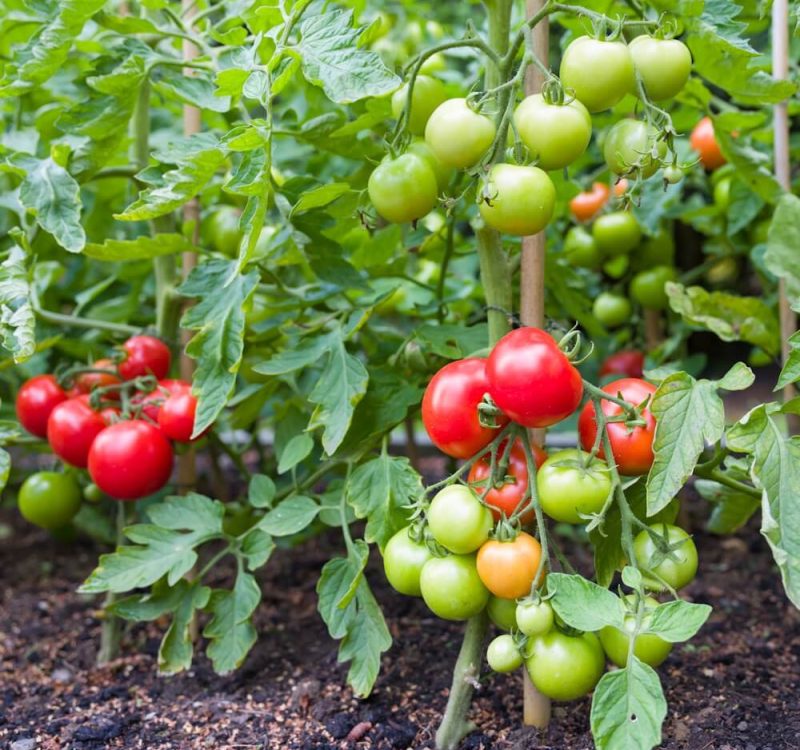Burro’s Tail
Transform Your Garden into a Personal Paradise!
Burro’s Tail Care in Australia – Light, Soil & Watering Guide
How to Grow Burro’s Tail (Sedum morganianum) for Healthy, Trailing Stems
Whether you’re aiming to create a lush, cascading succulent display or add a unique statement plant to your collection, Burro’s Tail offers unmatched visual appeal with its plump, bead-like leaves that trail gracefully from hanging baskets. When cared for correctly, this hardy succulent can thrive for decades and reward you with new growth year-round. Burro’s Tail thrives in Australian conditions if you provide bright light, a free-draining soil mix, and careful watering habits to prevent root rot.Burro’s Tail Growing Conditions
- Sunlight: Prefers bright, indirect light. Morning sun and afternoon shade are ideal to prevent leaf scorch. In cooler climates, it can tolerate more direct sun.
- Soil: Requires a well-draining succulent/cactus mix to prevent moisture retention. Add coarse sand or perlite for extra drainage.
- Climate: Suited to warm, dry climates. In frost-prone areas, grow in pots so you can move it indoors during winter.


Burro’s Tail Fertiliser – What to Use & When to Feed
To maintain plump, healthy leaves and steady growth, Burro’s Tail requires consistent but gentle feeding during its active growing season (spring to early autumn). The best fertilisers for Burro’s Tail are low in nitrogen and balanced with higher potassium to support stem strength and colour.Best Fertiliser for Burro’s Tail (Pots & Hanging Baskets)
- Potted Plants: Feed every 3–4 weeks with a liquid cactus/succulent fertiliser containing an NPK ratio close to 2-7-7 for optimal growth and minimal leaf drop.
- Outdoor Containers: Supplement with a slow-release succulent fertiliser in early spring, then boost growth with liquid feeds during the warm months.
When Should You Fertilise Burro’s Tail in Australia?
Apply fertiliser during active growth:- Spring (Sept–Nov): Begin regular liquid feeds as new stems and leaves appear.
- Summer (Dec–Feb): Continue feeding every few weeks for maximum growth.
- Autumn (Mar–May): Reduce feeding frequency as growth slows.
- Winter (Jun–Aug): Pause feeding unless the plant is indoors under warm, bright conditions.


Common Burro’s Tail Problems & How Proper Fertilising Prevents Them
Even though Burro’s Tail is considered low-maintenance, incorrect care can lead to leaf loss, wrinkled stems, or stunted growth. Here’s how fertilising and care adjustments can solve common issues: 1. Leaves Shrivelling or Wrinkling – Often caused by underwatering or nutrient deficiency. Resume a light watering schedule and use a potassium-rich fertiliser. 2. Excessive Leaf Drop – Can result from handling the plant too much or sudden environmental changes. Keep the plant stable and feed lightly during recovery. 3. Pale or Slow Growth – Typically due to poor light or lack of nutrients. Move to a brighter location and resume feeding.Burro’s Tail FAQ
- Does Burro’s Tail like full sun? It prefers bright, indirect light. Too much midday sun can scorch leaves.
- How to propagate Burro’s Tail? Simply place fallen leaves or stem cuttings on dry soil until roots form, then water sparingly.
- Why is my Burro’s Tail dropping leaves? It’s normal for some to drop, but excessive loss means handling stress or overwatering.
- Is Burro’s Tail toxic to pets? It’s considered non-toxic, but ingestion may cause mild stomach upset in pets.
Recommended Products
- Quick View
- Select options This product has multiple variants. The options may be chosen on the product page
Cactus Succulent Plant Food Fertiliser Concentrate
$32.00 – $56.00Price range: $32.00 through $56.00
The Grow Blog: News, Tips, & Stories
Bloom Fertiliser: What It Does & When to Switch
16 Comments
What is Cal-Mag & When should you use it
16 Comments
Why Citrus Trees Struggle to Fruit
16 Comments






